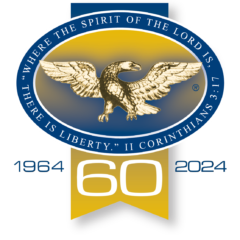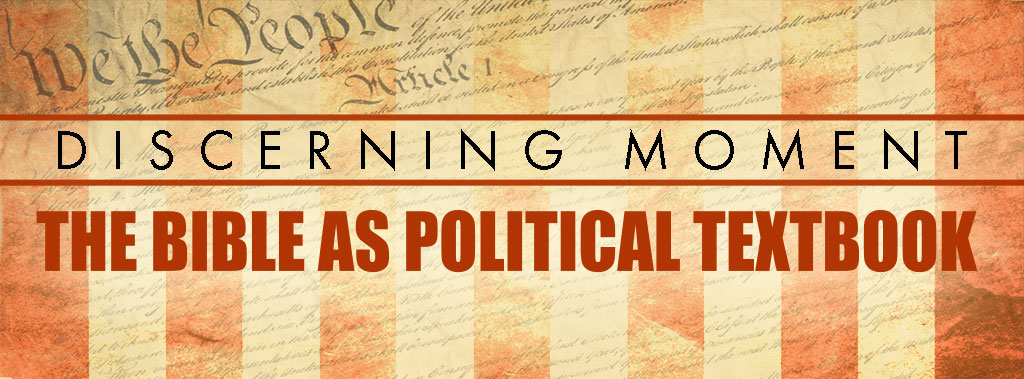“Biblical principles and themes contributed in significant ways to the founders’ bold experiment in republican self-government and liberty under law. The Bible informed the way many eighteenth-century Americans thought about human nature, civic virtue, social order, political authority, the rights and duties of citizens, and other ideas vital to the establishment of a political society. Many in this generation saw in the Bible political and legal models – such as republicanism, separation of powers, and due process of law – that they believed enjoyed divine favor and were worthy of emulation in their polities.”
Author Daniel Dreisbach, in The Promises and Perils of Using the Bible in Political Discourse
The U.S. Constitution has been called our most atheistic founding document. Arguments persist today over the sincerity of the founder’s Christian faith. Unlike the Declaration of Independence written eleven years prior, the Constitution of 1787 contains but a single mention of God (“in the year of our Lord,” in the Subscription Clause). But the fifty-five men who drafted the Constitution were thoroughly familiar with the principles and commandments of the Bible, and made frequent allusions to specific scriptures and Biblical principles in making political points. They (and colonial pastors) frequently pointed to the Hebrew Republic as an example of republican government. This Lessons in Liberty series will examine certain Biblical principles which we find embedded in the structure of the government created by the document.
Teach the Children
- The American Founders carefully built a plan of government on timeless principles to house a self-governing people.
- Many of these principles can be traced to the Bible, others to historic models.
- God’s moral and natural law makes men free.
“Everyone who hears these words of mine and does them will be like a wise man who built his house on the rock.” Matthew 7:24-27

